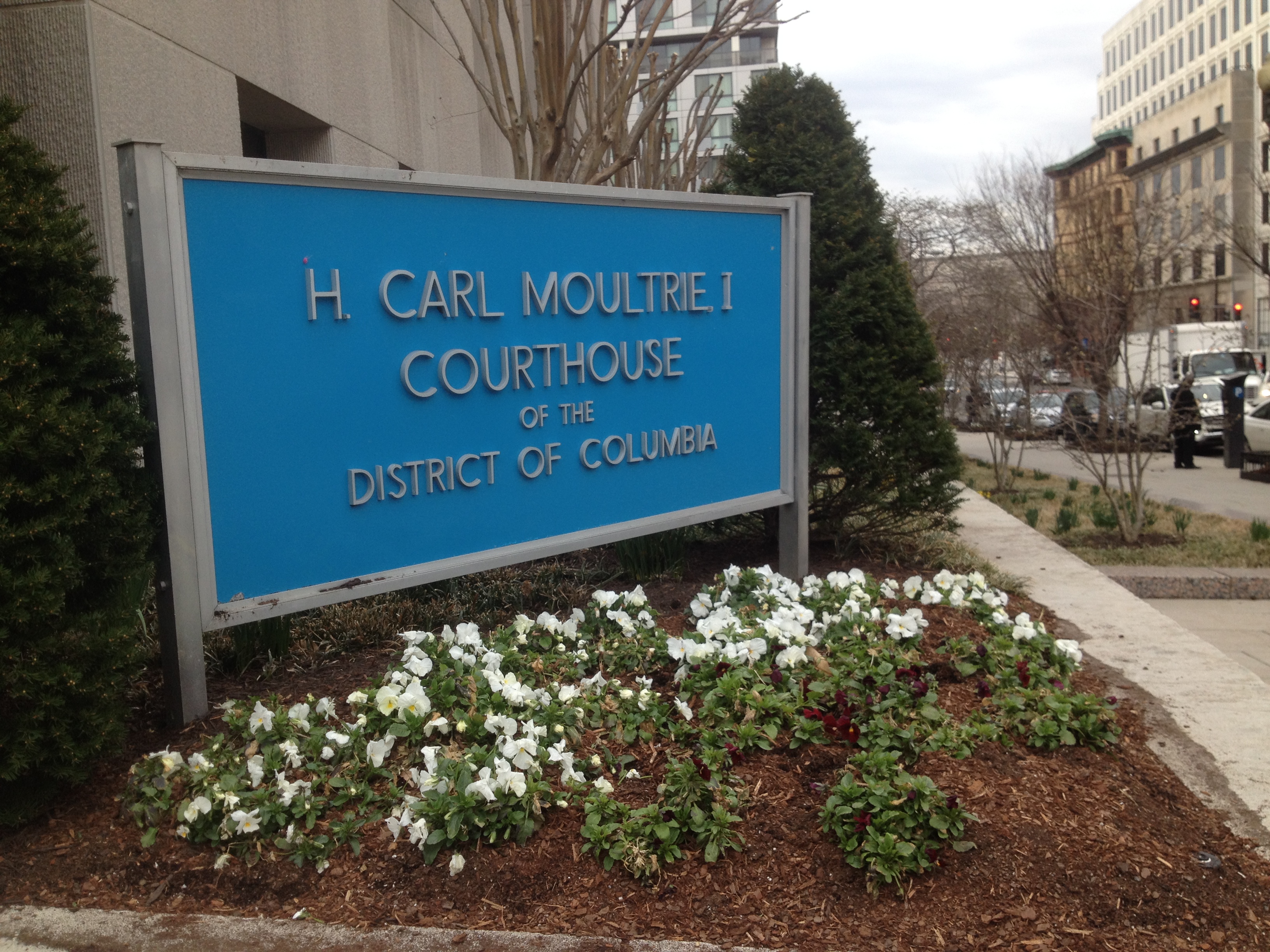
Domestic Violence/Simple Assault in D.C.
A misdemeanor criminal offense in which the complainant is a “domestic partner” – a spouse, lover, sibling, parent, child, or roommate – will put the defendant in the Domestic Violence Division of D.C. Superior Court.
What is domestic violence/simple assault?
The elements of a domestic violence (DV) charge are the same as any other case. In a DV simple assault case, for example, the government still needs to prove (1) either that the defendant intended to use for or violence against the other person or that he/she intended to put that person in fear of immediate injury, (2) that the defendant’s actions were intentional and not the result of a mistake or accident, and (3) that at the time of the alleged incident, the defendant had the “apparent ability” to injure the other person. D.C. Criminal Code § 22-404.
The maximum penalties are also the same. For example, the maximum penalty for a DV case involving simple assault, criminal threats, or destruction of property is still 180 days in jail and/or a fine of up to $1,000. So too are the defenses. For example, a defendant in a DV case can still assert the right to self-defense, defense of others, or defense of property.
At the same time, because a case involving domestic partners is viewed more seriously than other criminal cases, the consequences of a DV arrest or conviction can be more serious. For example, a person arrested in connection with a domestic dispute is more likely to be detained pending arraignment. A person convicted of a DV charge is more likely to receive a harsher sentence. A person arrested for a DV offense must wait three or four years, as opposed to two years, to file a motion under D.C. Code § 16-803 to seal criminal records associated with that arrest. Finally, it is impossible to seal or expunge a DV-related conviction.
What happens at my first court appearance?
Criminal cases in D.C. typically involve at least three court hearings: arraignment, initial status hearing, and trial. The first hearing is the arraignment. The purpose of the arraignment is to inform the defendant of the charges and to have the defendant enter a plea. The court will also advise the defendant of the right to counsel, and the government will turn over “initial discovery,” including police reports and notes. Arraignments for DV cases are held in Room 119 (Monday through Friday) or Room C10 (Saturdays) of D.C. Superior Court.
Will I go to jail?
Although the maximum sentences for DV-related cases are the same as other cases, judges will typically look more harshly at cases involving a domestic partner, principally because domestic offenses tend to re-occur. That said, the court will look at a number of factors in sentencing a defendant after conviction, including the defendant’s prior record and potential aggravating and mitigating factors.
Many of the diversion options available for first-time offenders in other misdemeanor cases are not offered by the government in DV cases. Typically, the only diversion option offered in DV cases is something called a Deferred Sentencing Agreement (DSA). According to this voluntary agreement between the government and the defendant, the defendant agrees to waive his/her right to a trial and to plead guilty to the charged offense. However, instead of proceeding directly to sentencing, the government provides the defendant with an agreed upon period of time (typically six months to a year) to complete an agreed up set of conditions. In DV cases, these conditions typically include participation in the Domestic Violence Intervention Program (DVIP) or anger management; mental health assessment and treatment if needed; and drug and alcohol testing/treatment. DVIP is a 22-week program of once-a-week classes. The anger management program typically lasts 12 weeks. If the defendant completes these conditions successfully, the court allows him/her to withdraw the guilty plea, and the government dismisses the charges “with prejudice” (meaning that the government cannot bring the charges back).
Why am I also facing a Civil Protection Order?
Criminal charges involving domestic violence are often accompanied by the complainant’s petition for a civil protection order (CPO). Also known as a restraining order, a CPO is a court order directing its subject to refrain from certain conduct. Specifically, the typical CPO prohibits its subject from assaulting, threatening, stalking, harassing or physically abusing the person or people named in the petition. It orders the subject to stay away from the petitioner(s) and from their homes, workplaces, and vehicles. Finally, it orders its subject not to contact the petitioners in any way, including by telephone, in writing, by electronic or social media, or in any other manner, either directly or through a third party. Failure to abide by the terms of the CPO will subject the person to potential criminal charges for violating a CPO.
Do I need a lawyer?
Yes. If you cannot afford a lawyer, the court will appoint one to represent you. If you would like to speak with a lawyer with extensive experience in defending against domestic violence cases, please contact our office at 202-549-2374 or jkoehler@nullkoehlerlaw.net.
